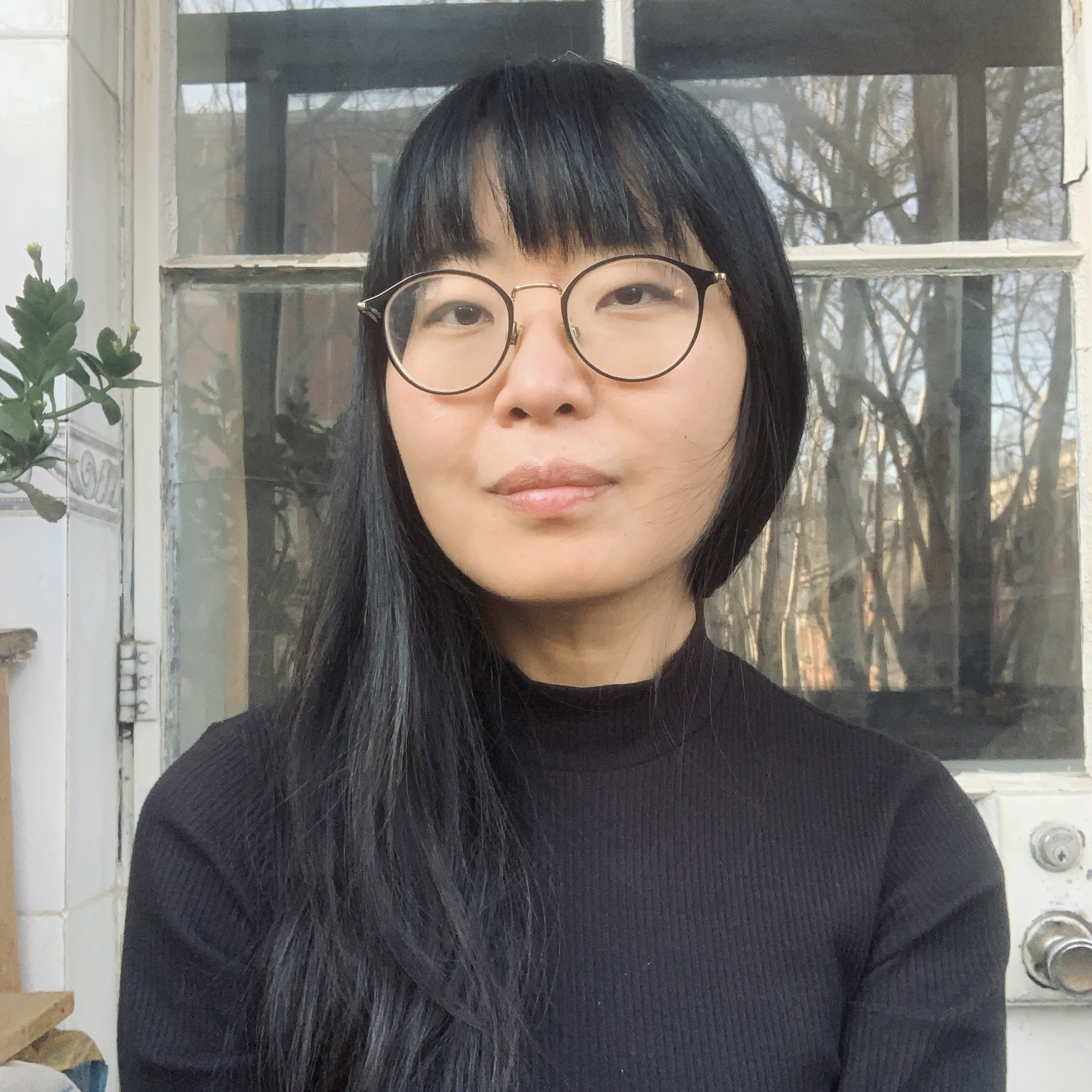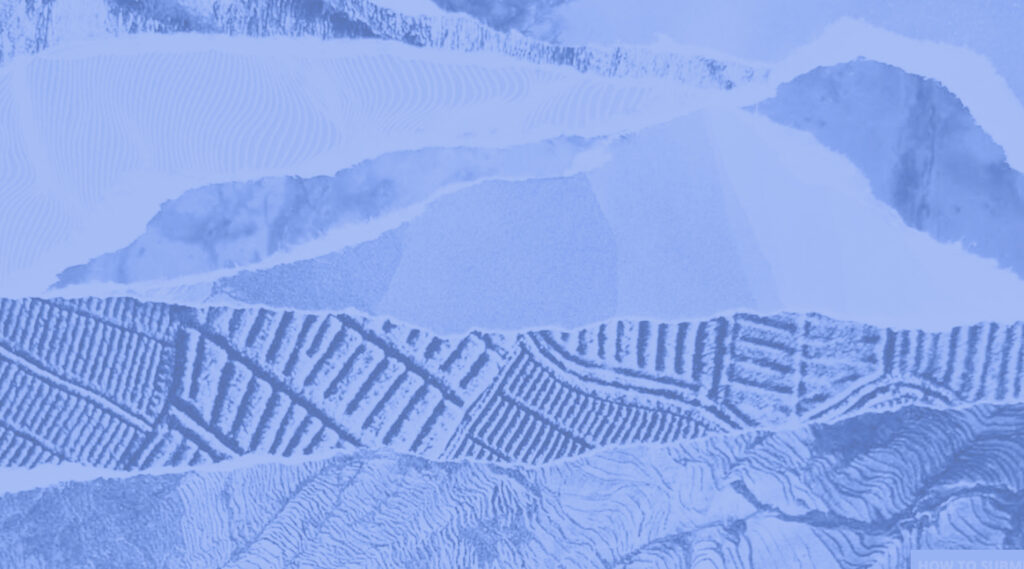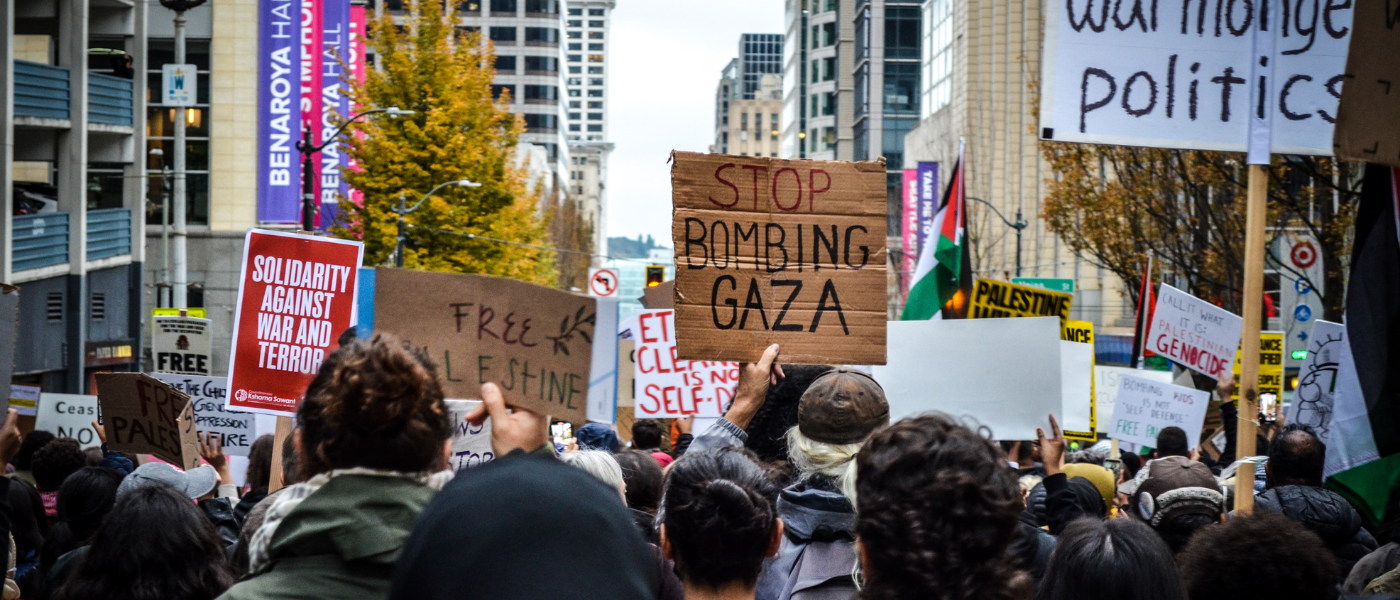Editor’s Note
As I write this editor’s note in January 2025, Los Angeles, where I live, is still burning: the sky in the afternoons a yellowing sheen, harsh on our hair, sinuses, the protective layers of our lungs. Since the 7th, the Palisades and Eaton wildfires have displaced tens of thousands of people, claiming lives, homes, and archives during a night of Santa Anas coursing through the city and its foothills. In southern California, climate catastrophe is felt in the long and dry winters, a geography of inflammation — and cruelly, it dovetails with violences of the State, revealing its shared core. While incarcerated firefighters risk against the flames’ brutal acreages, LAPD sweeps down encampments in our neighborhoods, undisrupted by the air’s asbestos and arsenic. Crisis and end continue to be a living matter — felt on skin, through our bodies.
What turns me back to the poem, as I am reminded in this anthology, is its commitment to elegy, fury, eros: its obligation to touch, and a reminder of the body as we organize toward empire’s end. Touch forms and reforms syntactic space — overcomes boundaries in order to speak the truth. “A poem is not an object,” Sanna Wani opens. “It does not enforce.” Anna Flores’s and basalt i.h.’s lyrics glitch and murmur, carving valleys and archipelagos of speech. A roaming intelligence, their words collect into social fabrics, flexible and alternate.
No ending — individual or collective — comes without transformation. Tobi Kassim and Alice Liang’s poems gently reverb, feeling through the non-linearities of injury and loss. Malvika Jolly’s lyrics unfasten the logics of colonial borders and time, producing transfigurations political, mystical, and intimate. Other poems refuse the State’s wordsmithing, recuperating language to become ethically social and therefore alive, once more. “I want to touch what I say to you,” says the speaker in Aída Esmeralda’s ghazal. Each reminds me that acknowledgments of the body and its griefs ignite too, revisions in consciousness.
Endings occur and recur, and the middle of revolution is long, Fargo Tbakhi shares in “Notes on Craft: Writing in the Hour of Genocide.” In overlapping global crises, these lyrics invite us to move through endings’ multiple crucibles, to feel rupture as well as the edges of formation: the body of a moving flock. Summer Farah’s poem “the angels are falling” declares, “When the first plan for preservation fails, another art makes itself known.” What an enduring art it is to move through such endings and make again and again livable, liberated lands, free of extractive logics, genocide, and apartheid.
Table of Contents
What’s inside “On Endings”? Editor-in-Chief Xu Li describes each piece that is in their anthology:
-
- Aída’s poems illuminate the poet’s role of disruption and memorialization, against industries of extraction in El Salvador, and language’s complicit and “consuming geometry.” Tactile and kinetic, these poems challenge the normative values in beauty’s reproductions.
-
- Alice’s fragmentary essay renders the slow obsolescence of our digital lives. It moves elegiacally through archival loss and its relation to the material infrastructure of memory, self.
-
- Anna’s poems and essay excerpt murmur intelligent and inscrutable to the armed and surveilling violences of the U.S. Mexico border. Knowledge here forms knots and waves of alternate kinships: they are at once prayer, love letter, and “a prophecy of wandering and returning.”
-
- basalt i.h.’s poem doubles as an end-making to “corridors of capital” and incantations to a beloved reader. It is an archipelago, a collapse of time, a sharpness that opens up collective sight.
-
- Malvika’s poems traverse Gaza, Dhaka, Kabul, Kashmir among other places, upending the taken-for-granted histories of colonial violences. Filled with “sorrowful cyprus trees,” fireworks whose “crack is felt over the valley,” and the particular blue of the Arabian sea, these poems carry the local and intimate up towards a felt internationalism.
-
- Summer’s zine, dispatched from the Californian landscape, is part-eulogy, part-accruals-of-pressure from living in the collapse of American empire. Here, language and image walk unfixed between the retributive and the divine.
-
- Tobi’s poem reverbs through the fragmentary, uneven, and sometimes musical trajectories of the body’s incomplete healing.
"On Endings," call for submission
This anthology invites a dwelling in ending(s). An ending can be a material one, a manner of re-orientation, or a point of private and public departure and transformation that carries itself, despite itself, onward. What are the different gestures an ending can hold? What are its passages, its fugitivities? Its escalations and unmakings? Its endurings?
I’ve been thinking a lot about endings, lately; not a singular volta, but of turning and turning — Aditi Machado in The End asks, “and now? Am I changed? Is the world? I’ve lifted myself off the page and what sort of gesture is this?” As poets, we often name an ending as where a poem has arrived to its last lines, its keenest revelation, but a multitude of endings may live in a single poem or piece of writing as it moves through its lyric. A poem or an essay can end and end again.
Solmaz Sharif, too, has shared that for her own writing, “Marx has always been a huge influence on me: the point isn’t to think about the world, but to change it. As a writer, my addendum is that the point of literature isn’t to just understand the world, but to end it.” As Israel’s U.S.-backed genocide in Gaza continues to its 256th day, there’s the endings that we daily act toward: the end of the decades-long, punishing occupation of Palestine, of the same occupying forces in the U.S. Here is a space for our polyvocal movement, our enduring refusals against the current capitalist and imperial order, of all the grammars that lift a colonial world into sequence
Close



